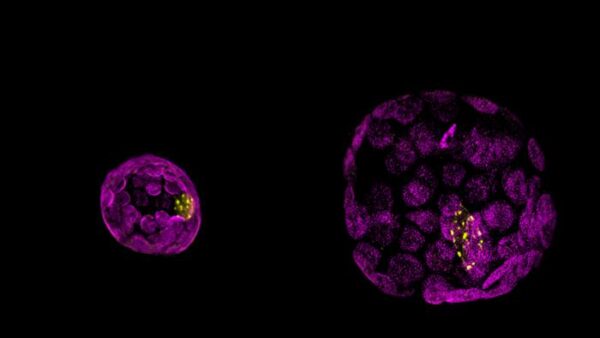
I appreciated the recent Germination article “Lessons in Leadership” in the November 2019 print edition. I think some background and history would be helpful for your readers in painting a bigger picture of the importance of the Canadian Seed Trade Association (CSTA).
The CSTA was originally a trade organization more in tune with members’ needs to meet occasionally, get to know each other and reduce the frequent competitive animosities which seemed to arise from time-to-time.
The industry was more or less divided geographically; eastern Canadians needed to buy the seed produced by western Canadian seed production firms.
As well, in the early days our seed industry was largely a forage seed producer with a dash of turfgrass added. Cereals were grower-produced with few companies working in that field — corn and soy were relegated to southwestern Ontario with little need for a national seed trade organization.
The CSTA operation was simple: organize annual and semi-annual meetings and collect modest dues.
The arrival of SeCan was a turning point. At this juncture the administration and organization had been in the hands of a secretary-like figure. This job had been farmed out to the Ontario Plant Food Council, first in the hands of Don Rutherford, then Bill Kilmer. It was decided we should have an exclusive secretary manager and Alon Johnson of Winnipeg, a retired partner from BrettYoung, took this job.
Then Agriculture Canada became more involved, advertising March as Good Seed Month. Their ads went on to say that Certified seed was available from members of the Canadian Seed Growers’ Association and SeCan. No mention of the CSTA was yet made.
Members Byron Beehler of Stewart Seeds, Don Littlejohns of Hyland Seeds, Paul King of King Grain and myself met to discuss this issue and concluded that, needing the support of the CSTA at large, the CSTA office had to move from Winnipeg to Ottawa and develop liaison and connections with appropriate government officials.
James Cooper, then research director at Pickseed, happened to be in Ottawa and recommended we talk to Bill Leask. At that time Bill held a PhD in plant science and was employed by the seed division of Maple Leaf Mills. Bill Joined the CSTA in 1983 and served admirably until 2013.
Numerous changes were afoot in the Canadian and global seed industry.
Today, the CSTA plays a hugely important role in modern agriculture, having grown from a mainly commodity-based organization to becoming a science-focused policy leader.
Bill Leask deserves a vote of thanks for his professional leadership, not only from seed trade members but all of Canadian agriculture, especially for helping establish Plant Breeders’ Rights in Canada.
What the future of the seed industry looks like in Canada is unclear. Consolidations and lack of funding for public breeding pose two big challenges. As the population urbanizes, there is less reward for public sector research. Will large consolidated seed companies be willing to license out their technologies to those seed companies closer to the ground?
More change is forthcoming and it’s a foggy picture, but if the existence of today’s CSTA is any indication, we are more than capable of building strong organizations to help guide us into the future.
—Pick is co-founder of Pickseed and an honorary life member of the Canadian Seed Trade Association











